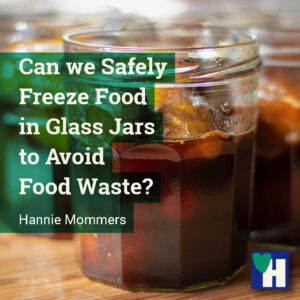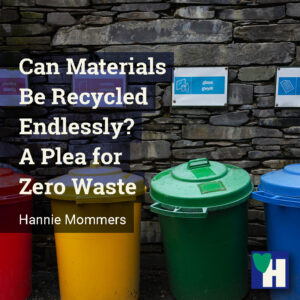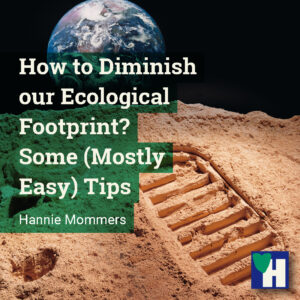
Every festivity has turned into a marketing event to drive consumerism. This not only means presents but also creates a larger mountain of waste.
In the US 25% more waste is thrown away between Thanksgiving and January 1st, according to Stanford University. It won’t be much better in the EU. Food waste and Christmas trees add to the Carbon footprint.
How can we avoid Holiday consumerism and still have a fun December month? We move further on the green road when we deal with what we want more mindfully.







